Second Chance Humane Society has had two lost dog cases in the past year. Both were nervous dogs who escaped from a new home or foster home. Louie was missing for nearly two weeks, while Oscar was recovered in less than a week. Why the difference? One reason is we learned from an expert who helped us with Louie.
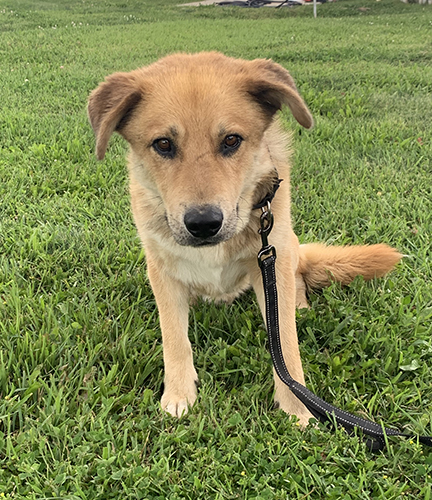

Accidents happen. Pulling free, slipping their collar, getting through an open door or gate, jumping a fence, or jumping from a vehicle are the ways most dogs go missing. Some dogs are lost because of owner negligence. One rescue group estimates that 35% of lost dogs have been allowed to roam free and don’t return home.
Over 70% of dogs are lost by their family. Less than 5% are lost by a rescue or shelter. Most lost dogs are returned to their home. A small number of dogs are never found, and unfortunately, some are found deceased.
When a dog escapes, they often go into survival mode where everyone and everything is a predator to them – even YOU! This is especially true of dogs that are nervous or unused or new to a home. Dogs that have been adopted from a shelter often fall into this category because they have either been surrendered and lost their home or have already spent time as a stray without a home. They will run when called or if someone tries to catch them. They seek a quiet & safe place, often a wooded area.
Let’s start with what NOT to do. Don’t assume your dog will come to you. Don’t chase a lost dog, yell, whistle, or call out to a lost dog. Once they seem to have settled into a safe area, do not drive them out. Don’t do large group sweeps/searches. And don’t let your friends/family discourage you with statements like: “It was just a dog, time to move on”. Most importantly, don’t give up!
If possible, start a ground or car search in immediate areas in the first hour. Put out scent articles, and food/water at the point of flight (and in the safe area when that is established).
Share the news of your lost dog- you need sightings to narrow down the area where he/she has been. Be sure to notify police, shelters, veterinarians, and your neighbors. Be explicit about not chasing or calling your dog, but have people call/text/email with sightings. Keep a log of information and map out locations where the dog has been spotted. We don’t recommend sharing these publicly as people may want to be a hero and end up chasing the dog out of the safe zone.
Social media is a great tool. Use Facebook, Nextdoor, etc. Old-fashioned media is important too – place large signs at intersections and flyers with a recent photo of your dog around the area where they went missing. This is the #1 way to get your dog back!
While searching, bring high-value treats (think hot dogs, cheese, liverwurst) in a loud bag, and bring two leashes/slip leads. Bring their favorite squeaky toy or ball and a “magnet dog” (his best dog friend) with you. If comfortable, bring a child that is good with dogs, especially if the dog likes kids.
If you see your dog, sit down, and do not make eye contact. Speak softly and be calm, avoiding quick movements. Start tossing small treats around you, and pretend you are eating from the treat bag. Let the dog approach you at their own pace, and don’t be too quick to grab/leash them (let them have their “aha” moment). Be Patient!
Both of our lost dogs were recovered in a live trap in their “safe area”. These are like a wire kennel but have a door that shuts behind them when they enter to get the food inside.
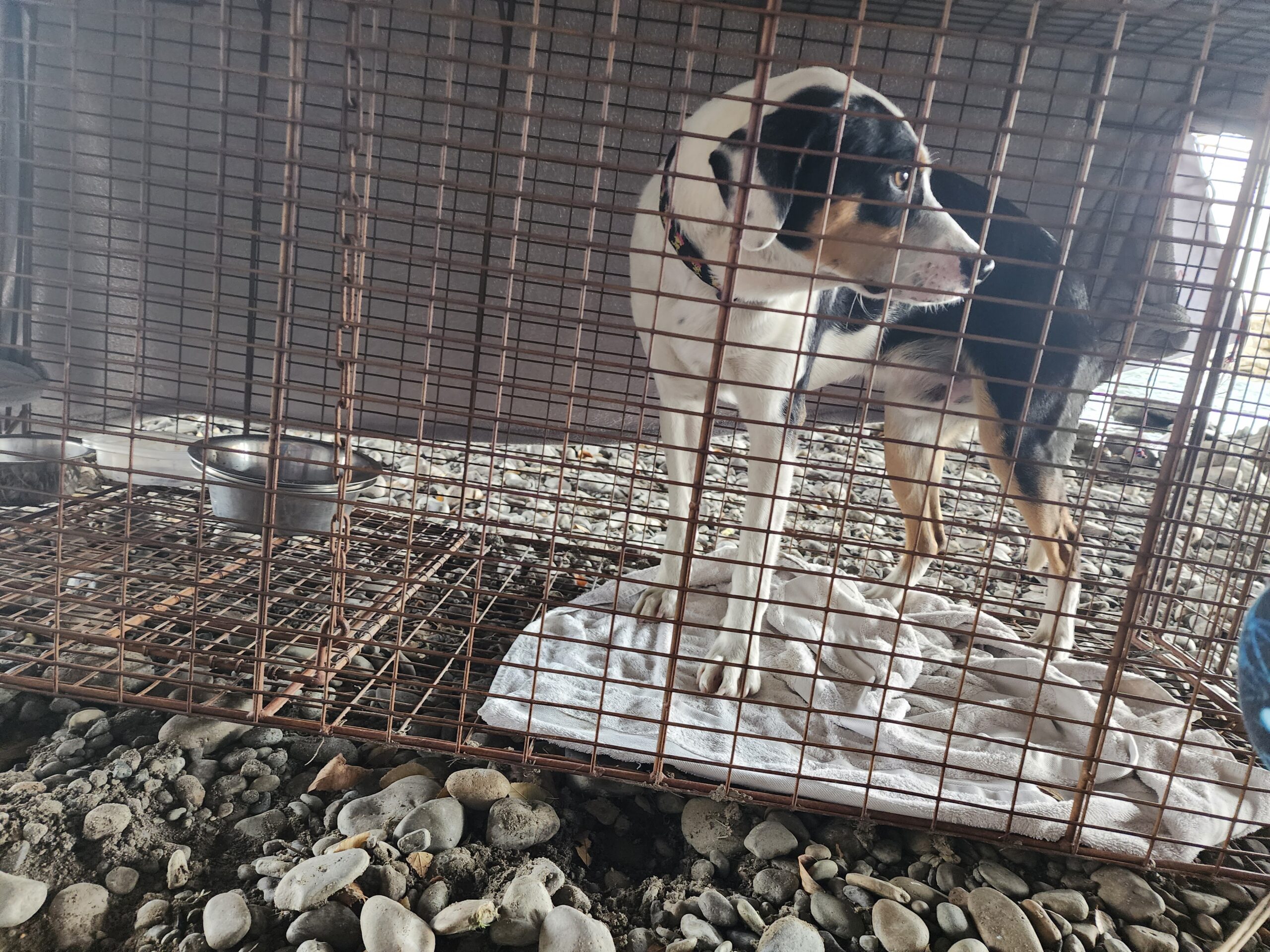
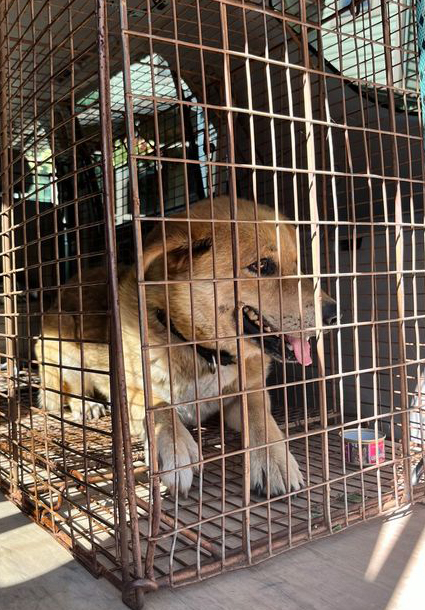
SCHS has made some changes to our policies when sending adopted dogs home with their new family. Included in the adoption fee will be a martingale collar, which tightens if/when a dog tries to back out of the collar, preventing escape. Also included will be an engraved ID tag with the dog’s name and the cell phone number of their new pet parent. This way, any finder can get the dog straight home and avoid a trip to doggy jail. All SCHS dogs and cats are microchipped prior to adoption, which is a great backup to a tag. Microchips require chip readers, so if you find a dog with no visible ID, you can ask a vet or shelter to scan the dog for a microchip.
Thank you to Greg James and The Retrievers. Resources and more information can be found on their website: https://theretrievers.org/
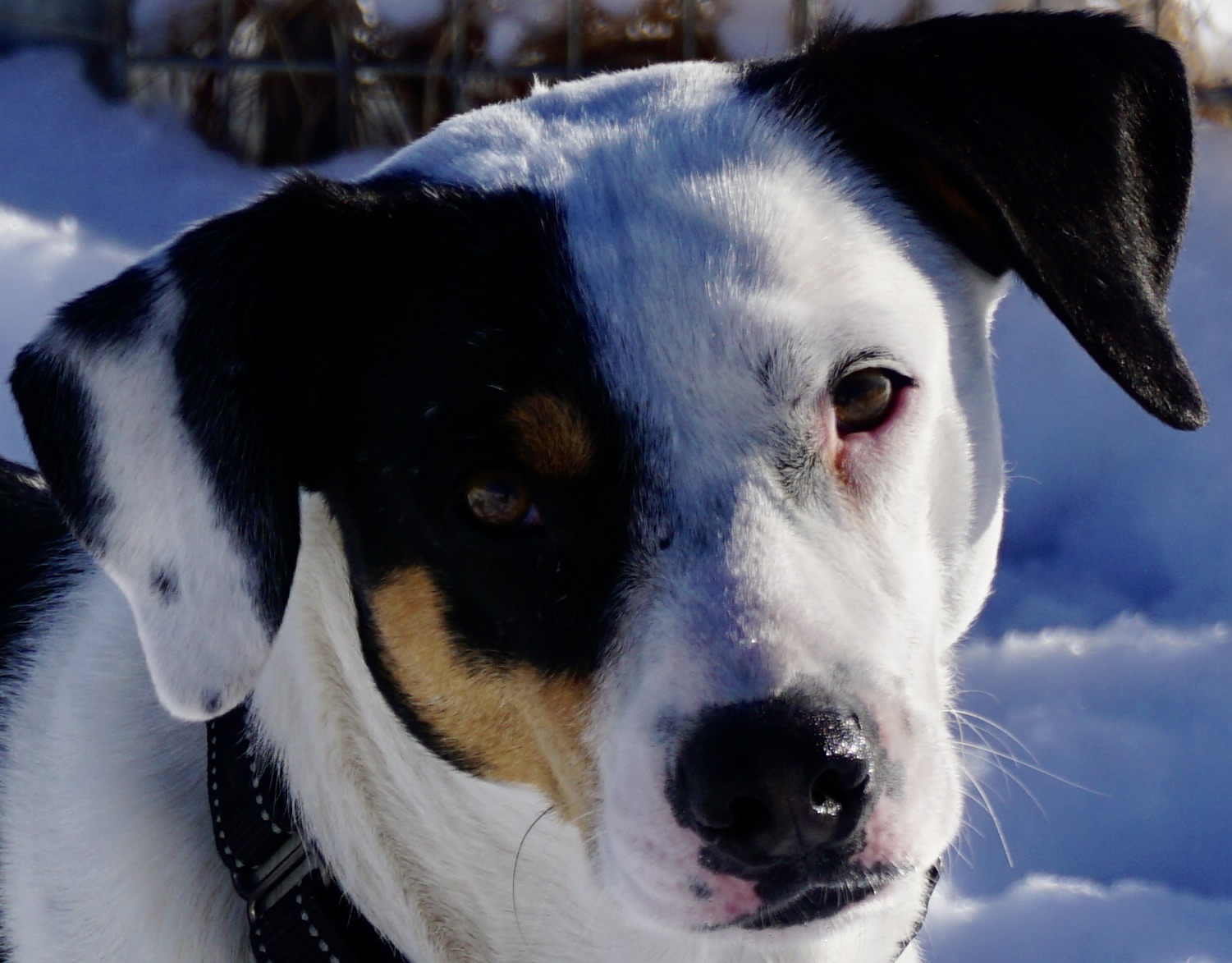
My name is Oscar, and I snuck out the door at my foster home and went straight into survival mode! The staff and volunteers at Second Chance, my foster family, and wonderful concerned people helped to bring me to safety. I am now ready for my new home, where I’ll need a well fenced yard and close supervision. I’m a very nice dog, and I will need a person who understands that I need time and patience to adjust to my new home and family.
Second Chance Humane Society’s Animal Resource Center and Thrift Shops have served San Miguel, Ouray & Montrose Counties since 1994. Our shelter is open to the public Tuesday through Saturday from 11 to 5:30. Our Community Veterinary Services are available by appointment. View our shelter pets and services online: www.secondchancehumane.org

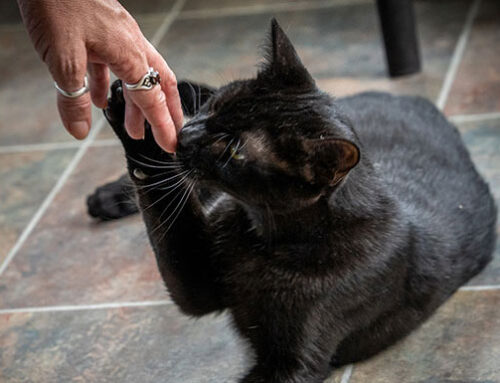

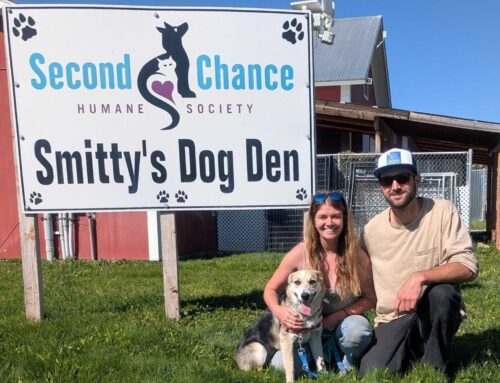
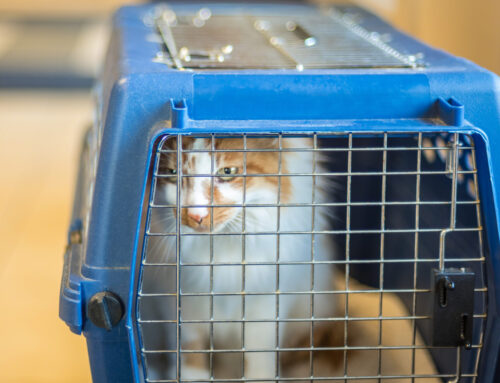
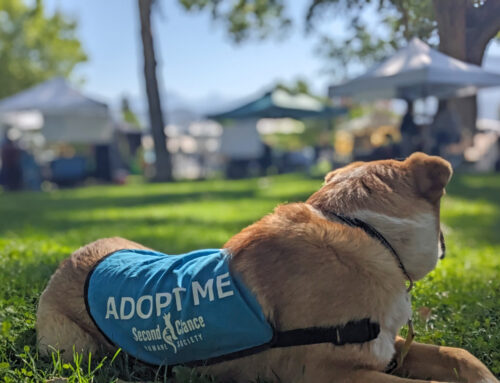

Leave A Comment